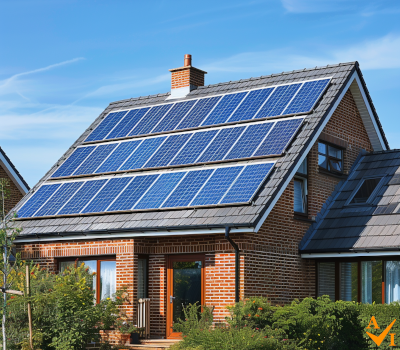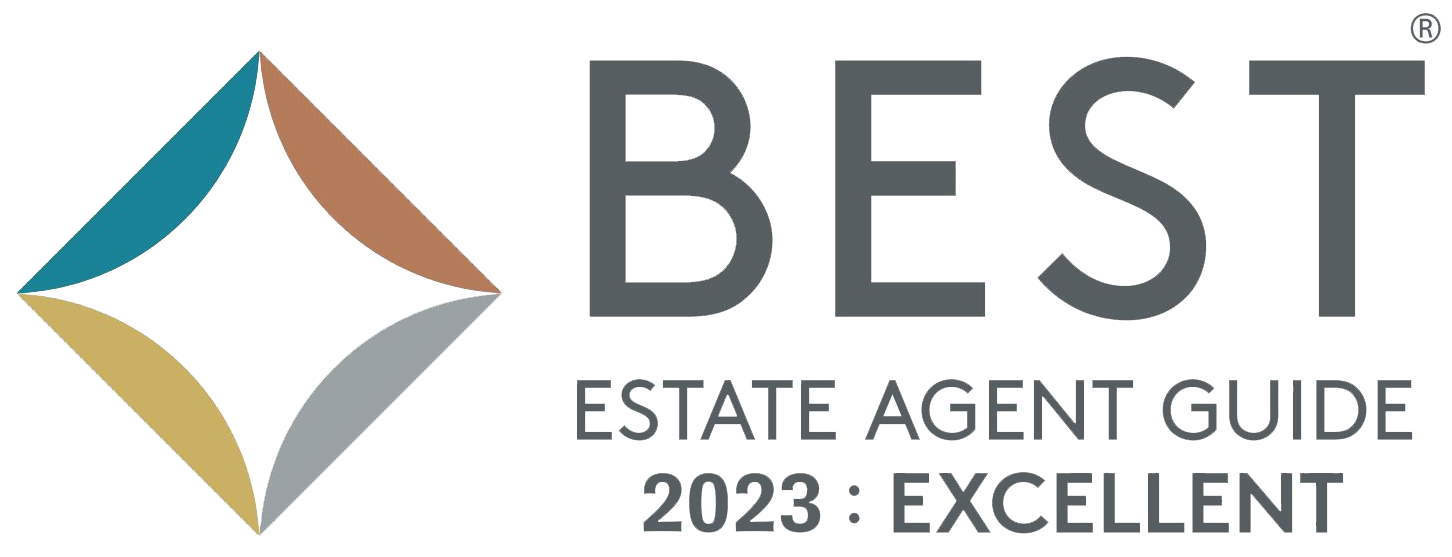1. Upgrade to Energy-Saving Appliances: Replacing outdated appliances with energy-saving models is a major attraction for buyers. Look for products with the ENERGY STAR certification, which are known for their superior efficiency. These appliances lower utility bills, a key selling point to emphasise.
2. Improve Insulation: Proper insulation in walls, lofts, and basements can greatly enhance a home’s energy efficiency by maintaining a consistent temperature. This improvement not only conserves energy but also increases comfort within the home.
3. Install High-Efficiency Windows: Upgrading to double or triple-glazed windows can significantly reduce energy loss. These windows also reduce external noise and are a desirable feature for buyers seeking a quiet and energy-efficient home environment.
4. Invest in a Smart Thermostat: Smart thermostats provide precise control over heating and cooling, optimising energy use and reducing costs. They are a relatively affordable upgrade that appeals to tech-savvy and eco-conscious buyers.
5. Switch to LED Lighting: LED lights are more energy-efficient and have a longer lifespan than traditional bulbs. Replacing old bulbs can be a simple yet effective way to enhance energy efficiency.
6. Consider Solar Panels: Although a larger investment, solar panels can significantly reduce electricity bills and offer independence from the grid. They can be a major selling point, especially in areas with high electricity costs or abundant sunlight.
7. Highlight Energy Savings: When marketing your home, be sure to highlight these energy-efficient upgrades. Detailing the savings on utility bills and the environmental benefits can be persuasive selling points.
Implementing energy efficiency improvements can make your home more attractive to a growing segment of eco-conscious buyers. These upgrades not only contribute to a greener planet but also can increase your home’s value, making it a wise move for both the environment and your finances.











